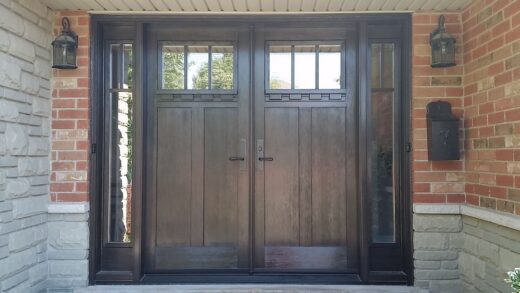Home improvements can be a great way to improve comfort for you and your family, or enhance your chances of getting a buyer when you’re entering the real estate market. Unfortunately, it can be difficult to find the cash required to invest in the improvements that you need to make. We don’t all have extra money available that we can dip into, and even if you’ve spent some time saving, there’s a good chance that you’ll have a strict budget that you need to stick to.
Regardless of whether you want to make a few simple changes to your property, or you need to invest in something a lot bigger, it’s important to look for ways that you can save cash on caring for your real estate. Here, we’ll look at some of the ways that you might be able to minimize your expense on home improvement projects.
Start by setting a budget
One of the most important steps that you can take when keeping your home improvement expenses low is to set yourself a strict budget. While it might not seem crucial to the success of your project, the truth is that holding yourself accountable for how much you have to spend can help you to avoid making dangerous decisions with your finances, or compulsive choices.
Think about how much money and time you think your project will take, and then double it. This will give you some space to work with, while ensuring that you don’t go too far over the top.
Focus on fixing problems first
Before you get carried away with extra additions to your home, such as a new kitchen or expensive energy-saving products, you’ll need to make sure that you’ve fixed the issues that you already have. You will want to get hold of a home maintenance checklist so that you can systematically address all the essential necessities for securing your property – you can find a reliable downloadable checklist online. Look at things such as your roof, your flooring, and even your brickwork. If you’re sure that all of the essentials are covered, you can begin to think about your next project.
Use trade shops
If you can avoid using big-name retailers, this might be a great way to save some all-important cash. A lot of people will find that they can get significant savings when they choose to purchase from smaller, less-frequented shops rather than going automatically to their nearest DIY store. Of course, it’s worth doing a little comparison shopping to make sure that you are getting the best deal. Just remember, you shouldn’t pretend to be a trader just to get a bigger discount – this could affect your rights if you need to return anything later.
Choose your building materials carefully
When it comes to saving money on your home improvement project, it can be tempting to cut corners and save on the building materials that you buy. Unfortunately, the truth is that you often get what you pay for in this area. This could mean that the materials that you buy are sub-standard in quality and simply won’t last the test of time.
When you’re looking for cost-efficiency and durability, it’s best to talk to a contractor about which materials you should be using for the best results. It might mean paying a little more to begin with, but it’s worth it in the longrun.
Try some DIY
If you’re not taking on a very complicated project, you could always try doing it yourself. DIY solutions could help to save you a lot of money on otherwise expensive projects. For instance, if all you need to do is paint a couple of walls in your home, then there’s no need to pay a contractor to do that for you. Simply buy the paint and protect your carpets, and then invite a couple of friends over to help you. On the other hand, if you’re replacing wiring or plumbing, then it’s best to call an expert.
Make the most of your home improvement projects
Home improvement projects can be a great way to add more value to your home, but they can seem expensive on the surface. The good news is that if you’re careful and you take some time to do your research, you should be able to keep your home improvement budget low. With the tips above, you can make sure that you make the most out of your home improvement projects, without having to spend more than is necessary.


